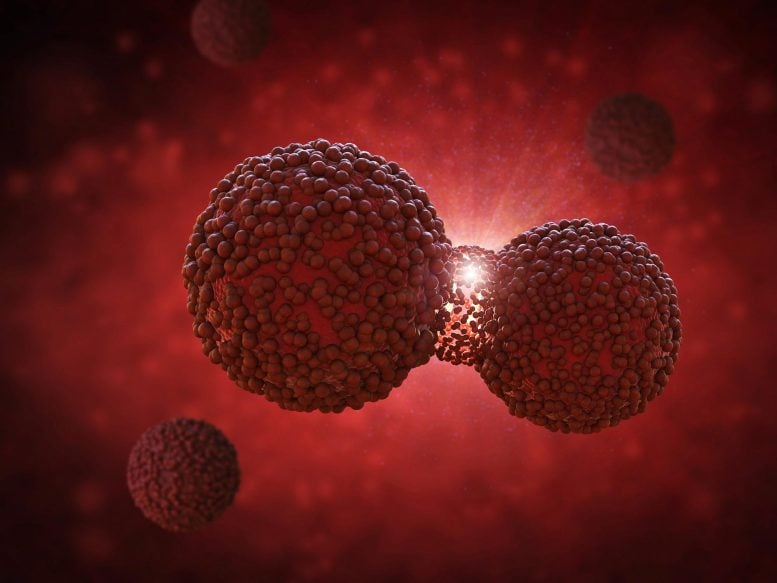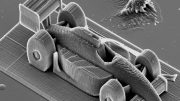
Researchers have identified a crucial mechanism in which RNA methylation affects mitochondrial function, offering promising treatment prospects for neurological disorders and cancers. This breakthrough could lead to novel therapies by targeting mitochondrial dysfunction through RNA methylation.
The lab of Yongchao C. Ma, PhD, at Stanley Manne Children’s Research Institute at Ann & Robert H. Lurie Children’s Hospital of Chicago discovered a fundamental biological mechanism that could lead to new treatments for neurological diseases, such as spinal muscular atrophy (SMA) and autism, as well as different cancers. The study was published in the journal Human Molecular Genetics.
Dr. Ma’s team found that chemical modification of RNA (called RNA methylation) regulates mitochondrial function. Mitochondria is best known for generating energy in the cell. However, Dr. Ma explains, that mitochondria do much more. It also acts as a signaling center that regulates broad biological processes within the cell. Dr. Ma’s lab previously linked mitochondrial dysfunction to the development of SMA and autism, while other labs have implicated it in cancer pathogenesis.
Linking RNA Methylation to Disease and Potential Treatments
“Our finding establishes a critical link between RNA methylation, mitochondria, and diseases that relate to mitochondrial dysfunction, which means that now we have the potential for new treatments for many different disorders,” said Dr. Ma, who is the senior author on the study. He holds the Children’s Research Fund Endowed Professorship in Neurobiology at Lurie Children’s and is an Associate Professor of Pediatrics, Neurology, and Neuroscience at Northwestern University Feinberg School of Medicine.
Dr. Ma’s lab found that RNA methylation regulates mitochondrial function by controlling the production of key enzymes that are components of mitochondria. They demonstrated in a neural stem cell model and a mouse model that loss of RNA methylation significantly changed mitochondrial function in stem cells and neurons.
“We are very excited about this discovery and the promise of innovative treatments, which could involve developing modifiers of RNA methylation to rectify the mitochondrial defect,” said Dr. Ma. “We are also honored to contribute significantly to the study of RNA methylation. There is exponential growth in this field, and we hope that our ongoing research on RNA methylation in the nervous system will bring new insights into brain development and neurological disorders.”
Reference: “m6A RNA methylation regulates mitochondrial function” by Michael Kahl, Zhaofa Xu, Saravanan Arumugam, Brittany Edens, Mariafausta Fischietti, Allen C Zhu, Leonidas C Platanias, Chuan He, Xiaoxi Zhuang and Yongchao C Ma, 14 March 2024, Human Molecular Genetics.
DOI: 10.1093/hmg/ddae029








Be the first to comment on "Scientists Discover New Fundamental Biological Mechanism That Could Lead to Novel Cancer Treatments"